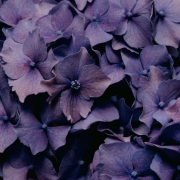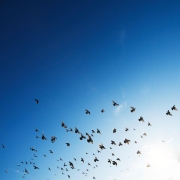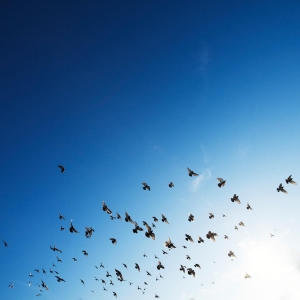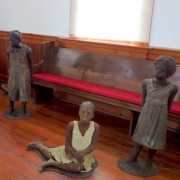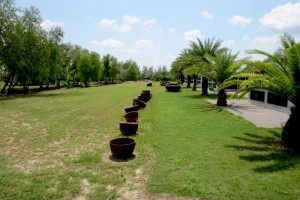Why Racial Affinity Groups?
(A PDF version of this post is available here:)
Affinity groups are developed in corporate and non-profit organizations to strengthen diversity and inclusivity efforts. They are homogenous support groups composed of people who share common interests or experiences (Indeed, n.d.).
In clinical and community settings, homogeneous affinity groups are similarly designed to offer a safe space for people to support each other in learning and healing situations. They foster interpersonal connections in pursuit of a broader unifying vision. While affinity groups may form around common needs or behaviors (e.g., single parenting, substance abuse, survivors of domestic violence), they also form around key identities (gender, sexual orientation, race) and offer a safe space for members to examine the elevation or subjugation associated with the social locations of their identities (Watt-Jones, 2010).
Read more

